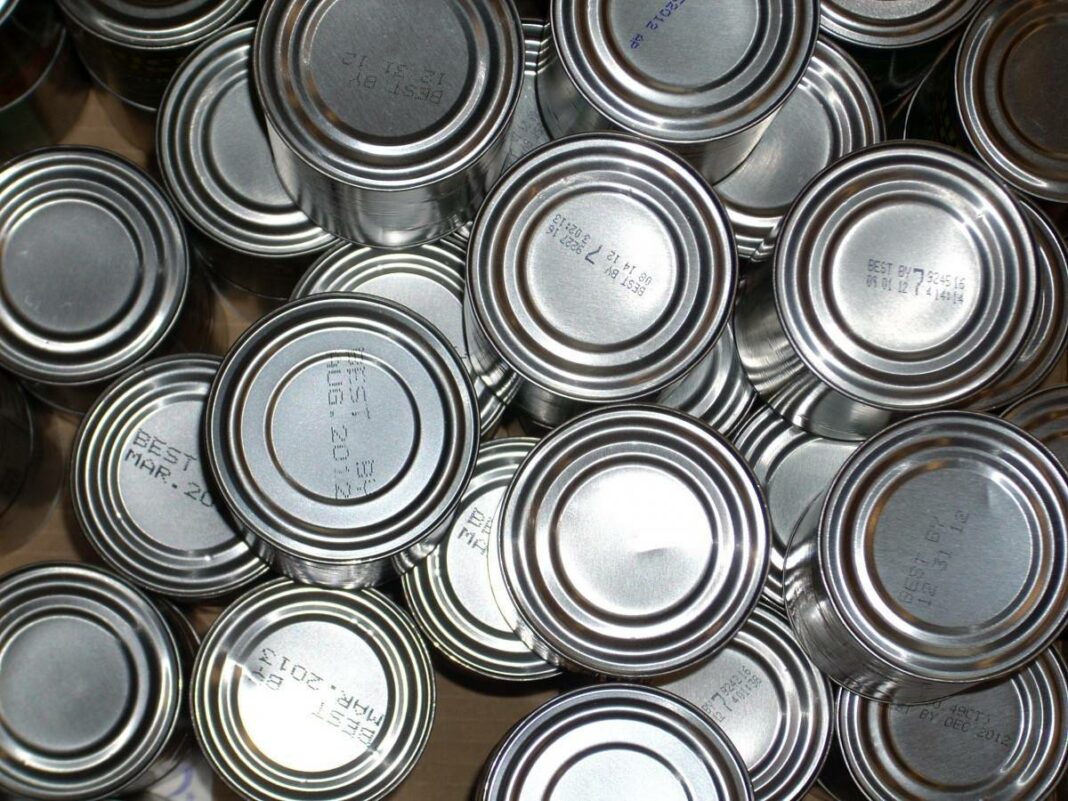The average American throws away more than 400 pounds of food per person annually, much of it perfectly fine. And “best before”, “sell by” or dates without context that are slapped on packages lead have nothing to do with safety.
It’s a familiar scene in my house. My fridge is jammed, I need space, and so I purge, sorting through the jams and dressings and leftovers to determine which have expired and are, therefore, inedible.
But it turns out those dates stamped on so many of our foodstuffs — “best before,” “sell by,” “use by” — have nothing to do with food safety. Rather, they are determined by lab tests that estimate when a food tastes its best. Most of us are unlikely to notice any difference. But the widespread misunderstanding of these dates, in tandem with government mandates that prohibit stores from selling products beyond those stamped dates, causes literal tons of food waste. A United Nations food agency study found one billion tons of food are thrown out annually — that’s ⅓ of all the food in the world. Discover magazine determined that the average U.S. household wastes almost $2,000 annually on food waste. Most of that food goes into landfills, where it rots and produces methane, a greenhouse gas 28 times more damaging than carbon dioxide.
The Food Date Labeling Act (created in 2019 and not yet passed) aims to standardize the terminology surrounding labels. For instance, food that might decline in taste after a certain date would be labeled “Best if used by,” but if a food is unsafe after a certain date, the label would read “Use by.”
So, what can we do in our own kitchens?
- Fruits and vegetables make up a good deal of food waste, so plan your grocery list to buy the right amount and store them properly.
- Use your senses! If something looks and smells edible, it likely is. That includes milk, which can often be used a week or two past its “best before” date. Sour milk becomes buttermilk, which can be used in baking. Seriously! If you’re concerned about meat, call the USDA “meat and poultry” hotline at 1-888-674-6854. They take about 50,000 food safety questions a year.
- Compost what you can, but yogurt, cheese, and spoiled meat cannot go into your backyard compost. Neither can oil and grease — put those in a separate container and toss it.
- Salvage food on the brink. You can cut mold off of most semi-soft or hard cheeses (but don’t risk it with soft cheese). Use wilted greens and less-than-crisp veggies in soups or stir-fries. And check out Bluedot’s Q and A with a cookbook author dedicated to using what is often considered waste.


